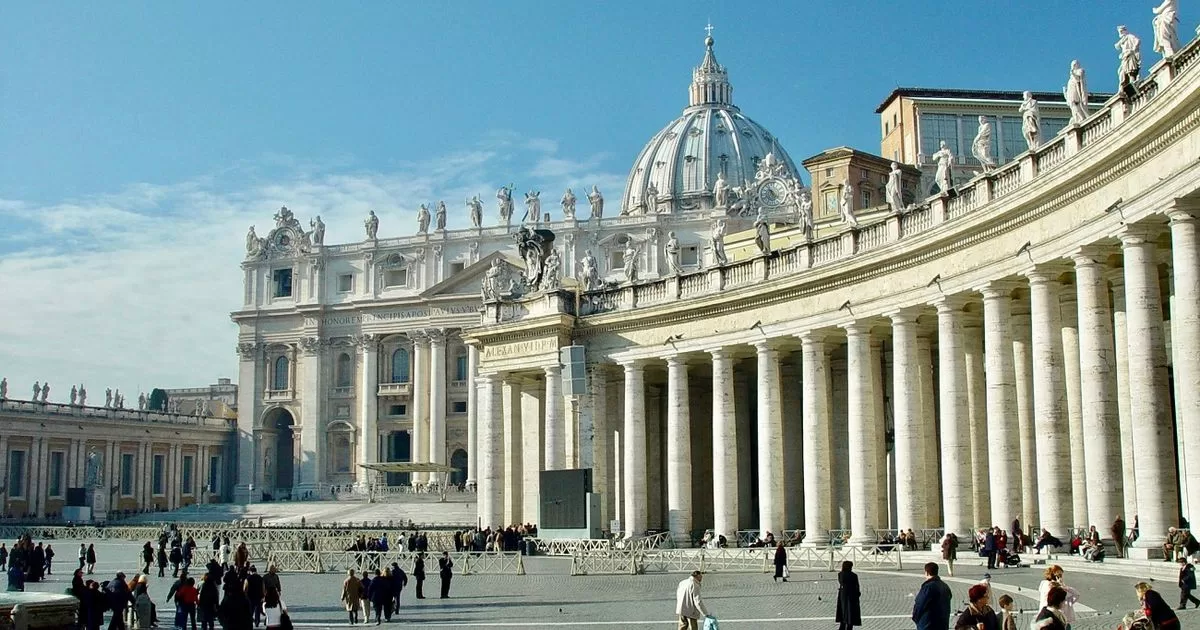In both cases, shortly after the election, the supporters of the defeated candidate tried to sow doubts about the election results, to speak of irregularities or even fraud. And in both cases, the candidates themselves poured oil on the fire with comments.
And the escalation was very similar: While Trump supporters with US flags entered the Capitol premises and committed acts of vandalism in offices and halls, the national colors green and yellow prevailed in Brasilia on Sunday. The result was similar, even the selfies of the protesters inside the buildings looked similar.

Different goals, different timing
In Brazil, however, three buildings that stand for the foundations of democracy were stormed: the Congress as the seat of the legislature, the Supreme Court, which stands for the judiciary, and the Presidential Palace as the building of the executive. Symbolically, this may carry more weight than what happened in Washington at the time.
Conversely, in 2021, Trump supporters attempted to prevent official confirmation of President Joe Biden’s election victory in Congress. That “got straight to the heart of the changing government,” Carl Tobias, a professor of constitutional law at the University of Richmond, told the New York Times. There is less of such an element in Brasilia, since the new President Luiz Inacio Lula da Silva has already been sworn in and there was no meeting in the Congress building at the time of the storm because of the summer holidays.
In any case, political observers agree that the attack on the Capitol probably served as a role model for Brazil. Riots were already expected after the results of the election were announced at the end of October, but at that time there were blockades by long-distance drivers throughout the country. Things also remained comparatively quiet around the swearing-in ceremony on January 1st. The current timing of the violent protests surprised even experts.
Bannon active here and there
The rebels in Brazil received at least ideal support from a group of people who were also involved in the storming of the Capitol. Steve Bannon, Trump’s former far-right chief strategist, told his podcast listeners the day before the Capitol riot: “Tomorrow all hell will break loose.”
Just as he questioned the legitimacy of the US election, he also spread rumors about the Brazilian election, and again it is the allegedly rigged voting machines that are said to have falsified the result. On Monday he posted that the “criminal, atheist Marxist Lula” had “stolen the election” and called the protesters “freedom fighters”. The BBC also pointed out that some banners in English were also seen during the storm.
Trump as “Central Cause of January 6th”
There are also differences in the two attacks in the role of the ex-president. Trump’s was scrutinized extensively by a congressional investigative committee. The final report, which was published shortly before Christmas, states that Trump is primarily responsible for an “unprecedented attack” on US democracy: “The central cause of January 6th was a man, former President Donald Trump.” Without him, he would be January 6 did not happen, the document says. The committee, the majority of which was made up of Democrats, accuses him, among other things, of inciting the crowd to riot.
ORF analysis: unrest in Brazil
Rainer Mostbauer from the ORF foreign editorial department analyzes the storm by Bolsonaro supporters on government buildings in Brazil. Mostbauer also speaks about the contribution ex-President Bolsonaro may have made in inciting the mob.
Like Trump, Bolsonaro has repeatedly fueled speculation about rigged elections, thereby preparing the ground for conspiracy theories. But Bolsonaro wasn’t even in his home country at the time of the Brasilia riot. He is in Florida and skipped his successor’s swearing-in. Although he had not explicitly acknowledged Lula’s election victory, he had hardly spoken at all in the past few weeks.
Bolsonaro just a “vehicle”?
According to a BBC analysis, Bolsonaro should now play a much smaller role than Trump did in the events two years ago. The deeply divided country is more concerned about Lula’s return to the presidency, wrote BBC Latin America correspondent Katy Watson.
There is a vague fear of communism among the hardliners, although Lula is a socialist but not a communist. For many, Bolsonaro was just the vehicle for this anger. Rather, some demonstrators would have hoped and demanded during the storm that the military would intervene. In fact, there is support for Bolsonaro in the Brazilian military – but according to experts, the risk of a coup seems low.




